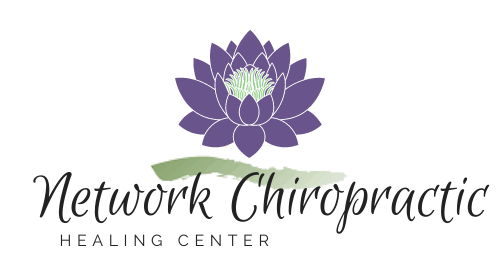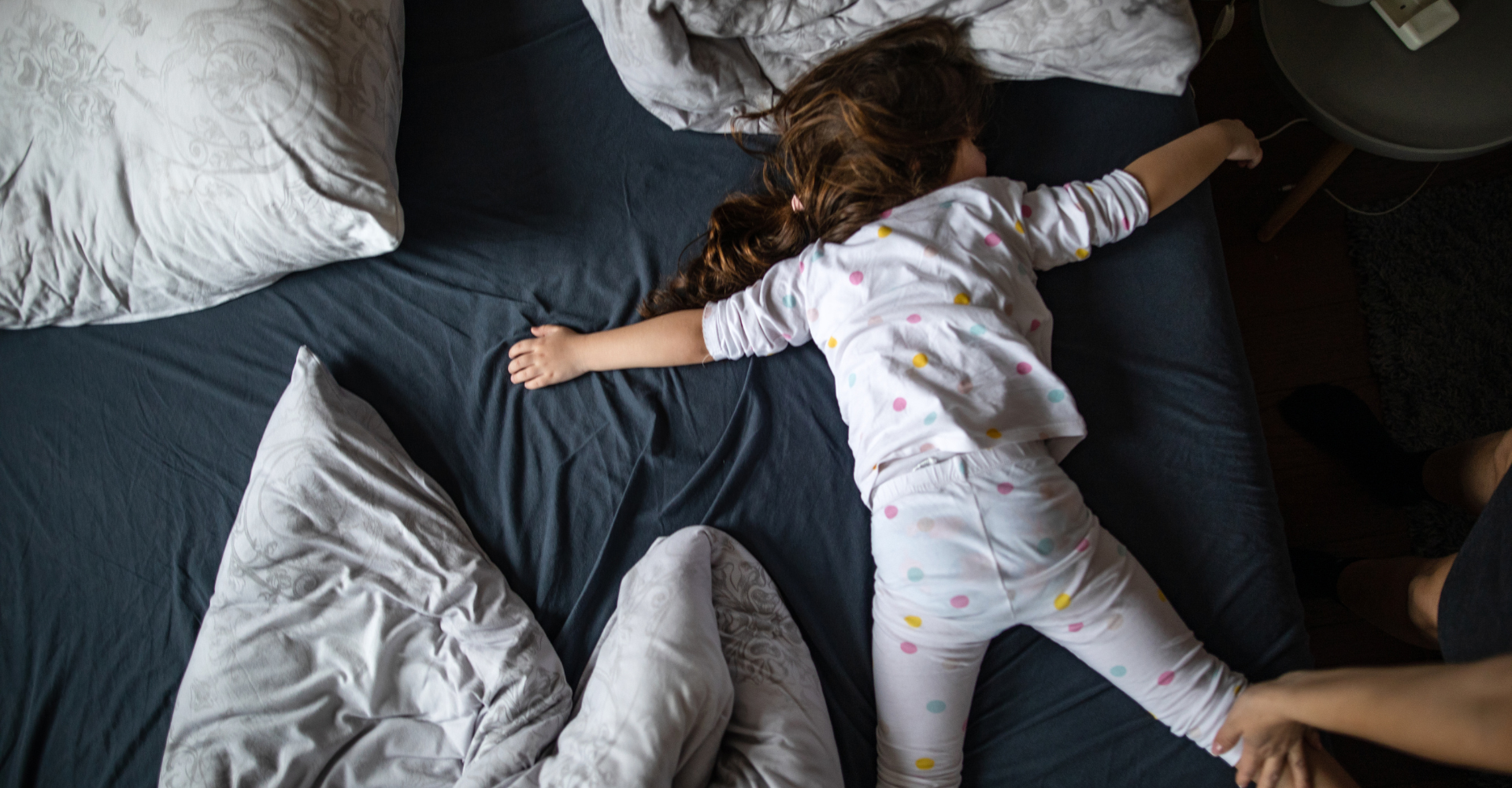15 Jan Sleep, A Powerhouse for Your Health
by, Dr. Deborah Diamond D.C.
Many people feel sleep is dispensable. If you have more to do in a day than you have waking hours for just stay up later or get up earlier. That’s what coffee is for right? (Actually, if you need coffee to feel awake in the morning it means you are sleep deprived!)
For years I did not get enough sleep. The school bus came at an ungodly hour and I had to be up in time to make breakfast, pack a lunch and get myself and our daughter up, dressed and ready for the day. The in the evening it was always a struggle to get dinner, tasks and homework done and have us all in bed on time. I just got used to being tired.
I do not drink coffee or caffeinated tea. I made a decision before going to college that I did not want to be addicted to or dependent on a substance to function. I thought my body and mind could handle it all, but over time it took a toll on me physically and mentally.
I found I was more and more tired more and more of the time. My moods were less stable, and I really noticed a struggle with my short-term memory, including word recall and remembering people’s names who I was supposed to know.
Sleep is actually a health commodity, for both mind and body, like healthy food, water, exercise and fun. Sleep is not just a wasted 8 hours that prevents us from doing really important things. Sleep is a very active housekeeping state for the body and brain.
Did you know the body does all of these things while you are sleeping?
- Detoxifies heavy metals from your brain.
- Repairs the lining of your arteries and heart.
- Repairs damage to joints and soft tissues that may have been done during the day.
- Replenishes stores of hormones.
- Improves your ability to learn, remember and make decisions.
Conversely sleep deprivation (even getting 1, 2 or 3 hours less sleep than you need and the effects are cumulative) causes the following problems:
- Even one night of deficient sleep decreases the number and activity level of your Natural Killer Cells, an important part of your immune system.
- Increases blood sugar, weight gain and risk of Type II Diabetes
- Makes you feel hungrier more of the time (leptin, a hormone that helps you feel full after eating becomes deficient when you lack sleep).
- Causes problems with attention and decision making.
- Increases depression, anger and mood swings and decreases coping skills and stress resilience.
Our sleep cycles are controlled by hormone levels that have a natural 24-hour circadian rhythm, namely the relationship between Cortisol from our adrenal glands and Melatonin from our pineal gland in the brain.
Cortisol spikes first thing in the morning to help us wake up and then declines over the course of the remainder of the day, until it should reach its low at bedtime. As Cortisol is dropping at the end of the day, this allows Melatonin to rise, which helps us to feel sleepy and slows our brain waves down until we can enter a sleep state.
These hormonal cycles take their cues from light levels, which until about 100 years ago came from the rising and setting of the sun, and noise and stress levels in the case of Cortisol. The problem with having bright indoor lights on at night and watching television (especially news or loud stimulating programs or movies) or doing computer work until just before we go to sleep, is that we are disrupting this natural cycle and stimulating our hormones and brains in an unnatural way. This make us feel artificially awake when our body would naturally want to be heading for bed.
I have come to accept that I need more sleep than seems convenient. I feel best when I get 8 ½ to 9 hours of sleep AND very importantly when I get that sleep starting somewhere between 9 and 10 at night (the same number of hours starting later does not have the same regenerative effect on the brain).
This means ideally that starting about 8:30 PM I begin to prepare for sleep, which involves a predictable ritual of turning down the lights (all the lights in our house are on dimmer switches for this reason), taking a hot bath or shower, doing a few minutes of Qigong, and then doing either some stretching, meditation or reading with a small book light and real book.
I also eat lightly in the evening (especially light on the carbs or I get a blood sugar drop that wakes me up and increases hot flashes) and as early as possible (eating your last meal 3 hours before bedtime is ideal).
I have found when I can do this consistently, which is more and more of the time now, I wake up feeling refreshed, and I feel better physically and emotionally during the day and my memory has noticeably improved.
I made these changes and new habits after learning about the importance of sleep for my health and wellbeing and I hope this information will help you to rearrange your routine and prioritize this valuable commodity for yourself as well. Then you are more likely to have dreams that really are sweet.
References:
Here is a great handout on Sleep Hygiene from our Website:
https://secureservercdn.net/45.40.145.151/nki.c20.myftpupload.com/wp-content/uploads/2020/07/Sleep-Hygiene-Fundamentals.pdf
Journal Article about the effect of sleep loss on Natural Killer
Natural Killer Cells:
https://faseb.onlinelibrary.wiley.com/doi/abs/10.1096/fasebj.10.5.8621064
Great Info about Sleep from the NIH:
https://www.nhlbi.nih.gov/health-topics/sleep-deprivation-and-deficiency


Sorry, the comment form is closed at this time.